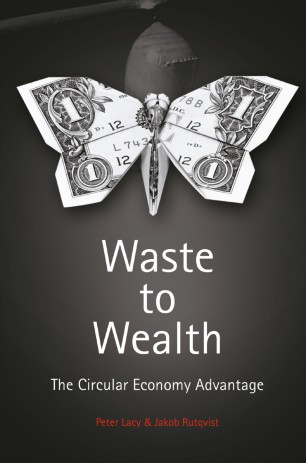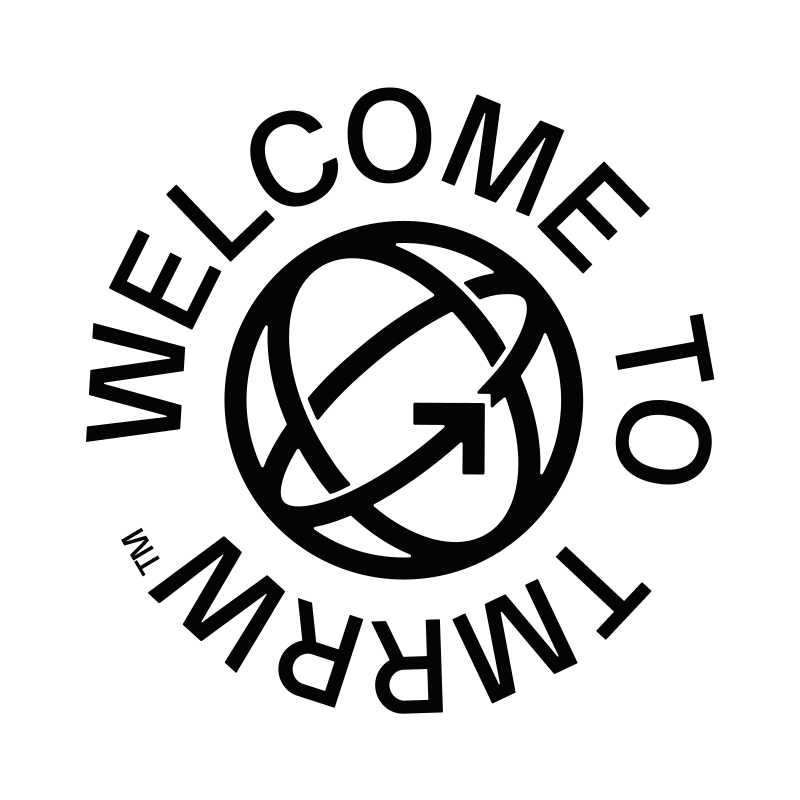Aiming for progress, not perfection, is the key to making a greater impact.
If there’s one thing we saw at COP this year, it was a sense of progress over perfection. The final agreement didn’t go as far as many of us had hoped; that we’d insisted we needed to see. But an agreement between 197 countries is nonetheless progress. And it’s a pragmatic salutary tale. How many of us have abandoned an idea because it’s not as fully-formed and as we need it to be? How many don’t start because we can’t create the ‘perfect’ thing? Better is about reducing your negative social and environmental impacts as much as it’s about increasing the positive impact. Everything we do is an opportunity to choose better.
We speak to business leaders to get their insights into building ‘better’, including:
– Andrew Davies, CEO at B Lab Australia and Aotearoa New Zealand
– Courtney Holm, founder of circular fashion label A.BCH
– Dr. David Ireland, co-founder of carbon neutral energy supplier Radian
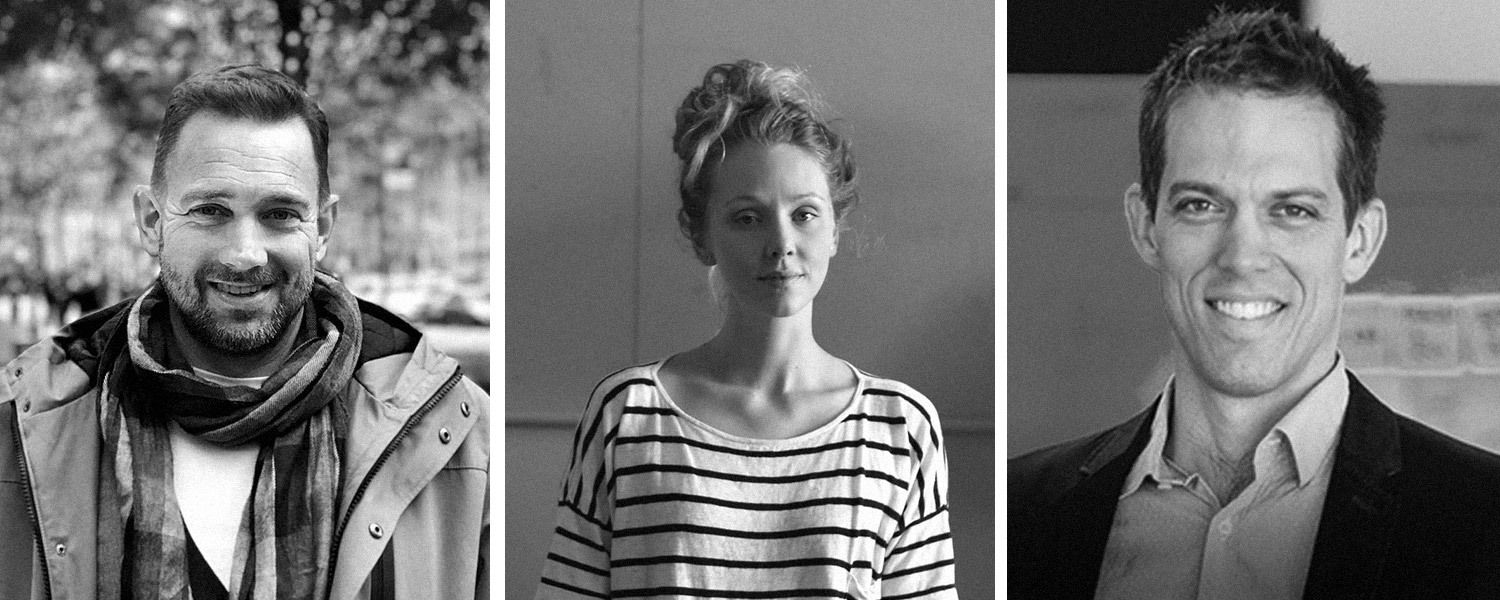

Industry leaders are paving the way for the rest
“Good business is 95% copying someone else and every now and then coming up with something new,” advises B Lab’s Andrew Davies. “Perfection is what stops people – it’s the old cliché, stopping you from any action. B Lab exists to highlight the highest performing businesses, in terms of social and environmental performance. We’ve got a theory of change that informs our work, but at its simplest conceptual level, we highlight and validate the highest performers so that others can follow. B Corps show what is possible, they exist as evidence of what we believe will be future practice for all business.
In a sense, it’s tempting to say ‘Because we look for the best companies we’re all about perfection,’ but the truth is quite different – we are about ongoing improvement.” says Andrew.

If not now, when?
Often, it’s as simple as taking the next small step. It’s what David Ireland, co-founder at Radian, calls the “tolerable risk” – the smallest thing you can do, without it feeling risky. “Then just do it,” he says.
“Don’t just do stuff behind closed doors and wait until you’ve got the perfect product and take it to market,” he says. “It’s about just getting it out there, get feedback, get testing. You’ve got to get out there and start trying to make the change because, if you wait, every day that we wait is another day you haven’t made an impact.”
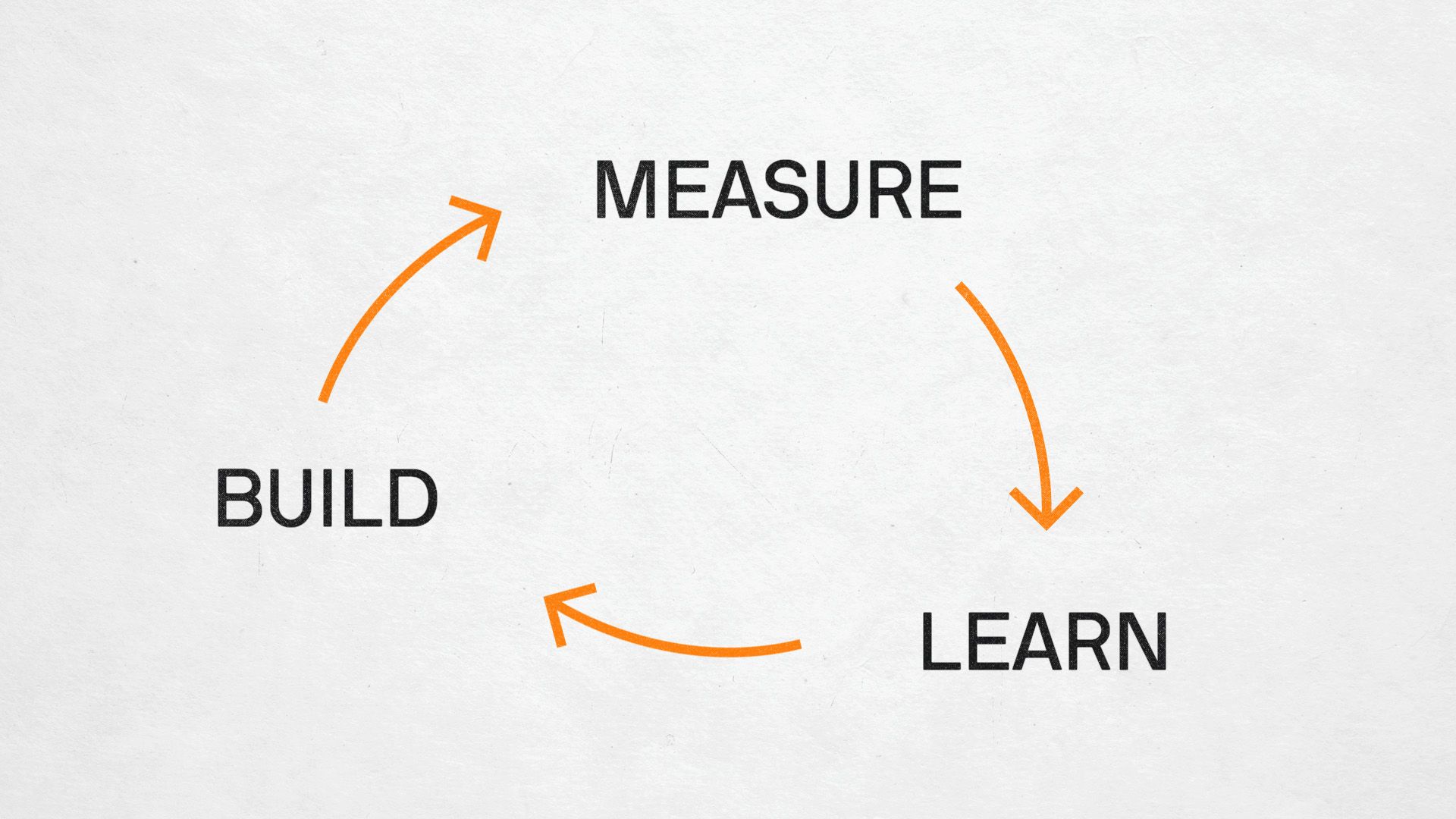
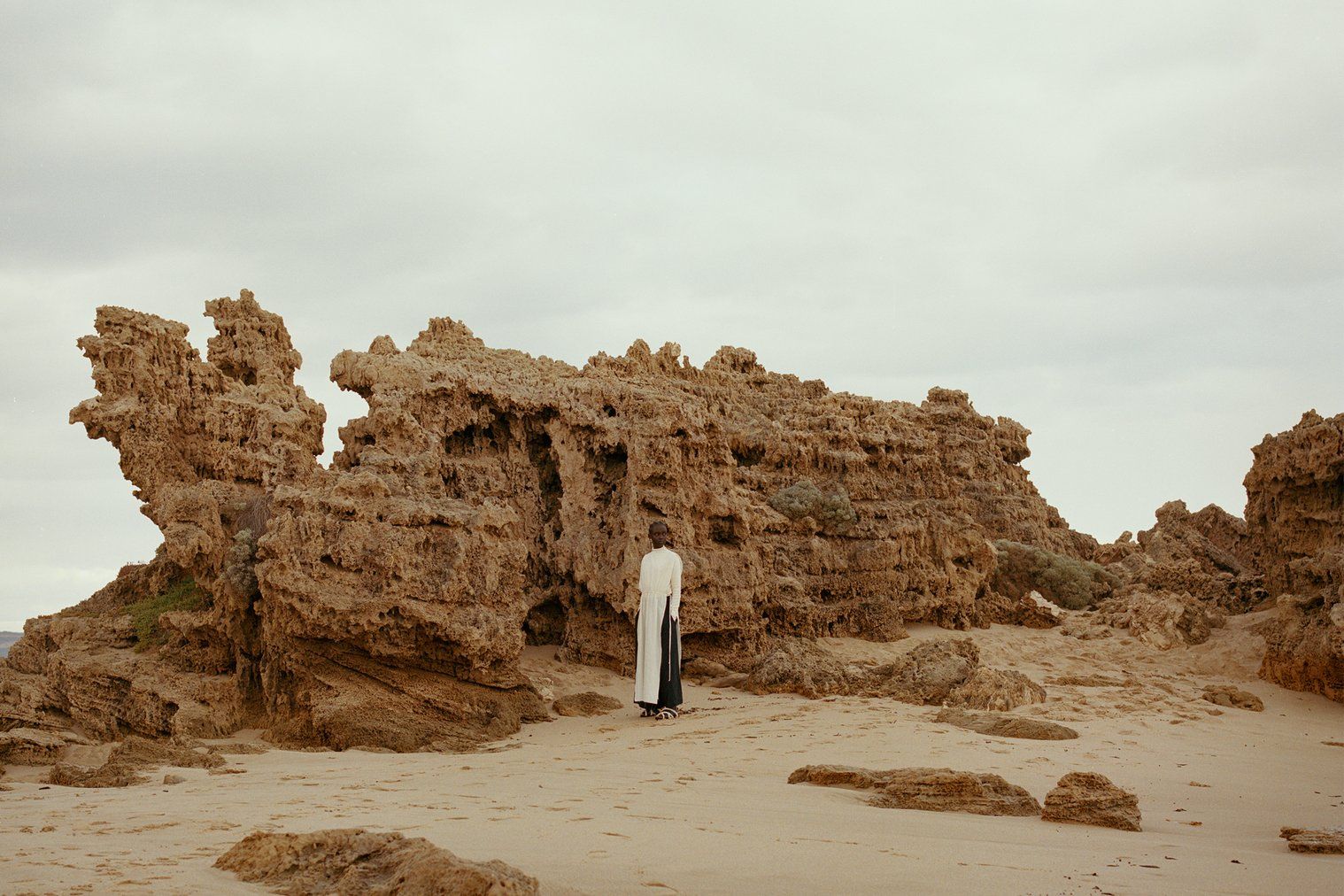
Use data to make better decisions
Courtney Holm’s A.BCH is a circular economy fashion label, making clothes from renewable, organic and recycled materials. “We utilise data and create a product that has the lowest impact possible based on what’s available to us, and use that to make better design decisions,” she says. “I think transparency is really important for that because it means we can go, ‘Okay, this is all of the materials that we work with. These are the things that we want to improve on. And maybe there’s an aspect of the supply chain we want to improve, maybe the actual material itself we want to improve.’
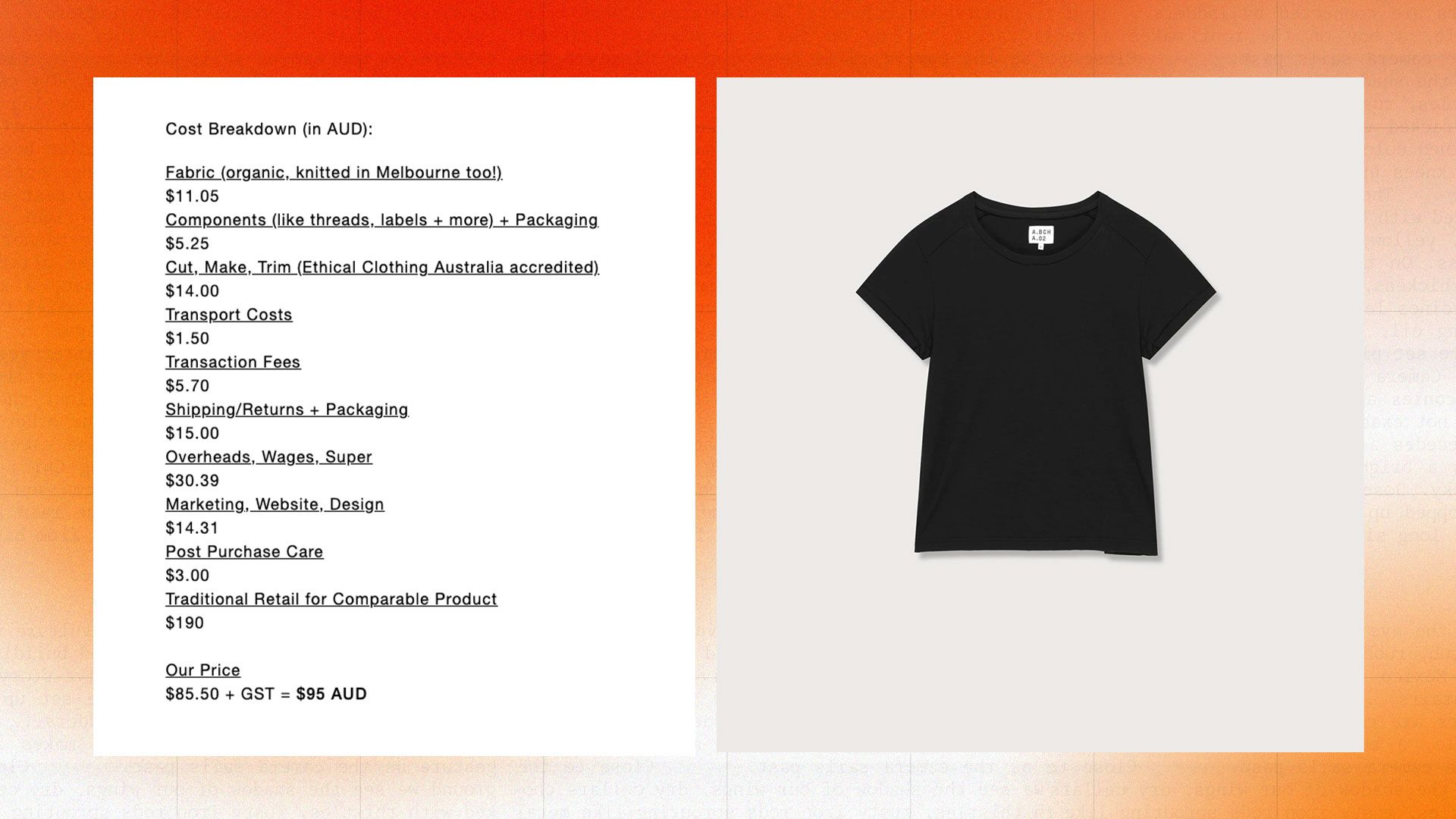
By opening up and kind of laying it all out there, you’re always reminded that you have to find a better solution for this thing. “There’s definitely been times where we’ve had to make little compromises on that we’ve been able to resolve,” says Courtney.
“Some of those things were like, ‘we’re too small to access it’. Once we grew to a level where we had rapport and industry like connections, we were able to find suppliers that would want to try stuff with us. It’s about building relationships and working with the same people over long periods of time.” adds Courtney.
Change is the consequence of lots and lots of interventions that add up to something really big
As David says, “Change happens incrementally. As a business, if you wait for the perfect time to implement brand new change, a big thing, you’ve probably missed it.”
Make continuous improvements
“The best B Corps – the ones that have very high scores – are ones that have been around for a long time and have continued to enhance and improve,” admits Andrew. “Patagonia is a great example of that, where they go so far as to not just identify improvements in their business, they then look to us and say, ‘hey, where can you improve standards?’Along with Dr. Bronner’s, the organic soap and skincare company, Patagonia has been developing a regenerative organic standard for agriculture that goes beyond organic and looks into recognising practices that improve soil health. The idea of always improving is integral to B Corp.
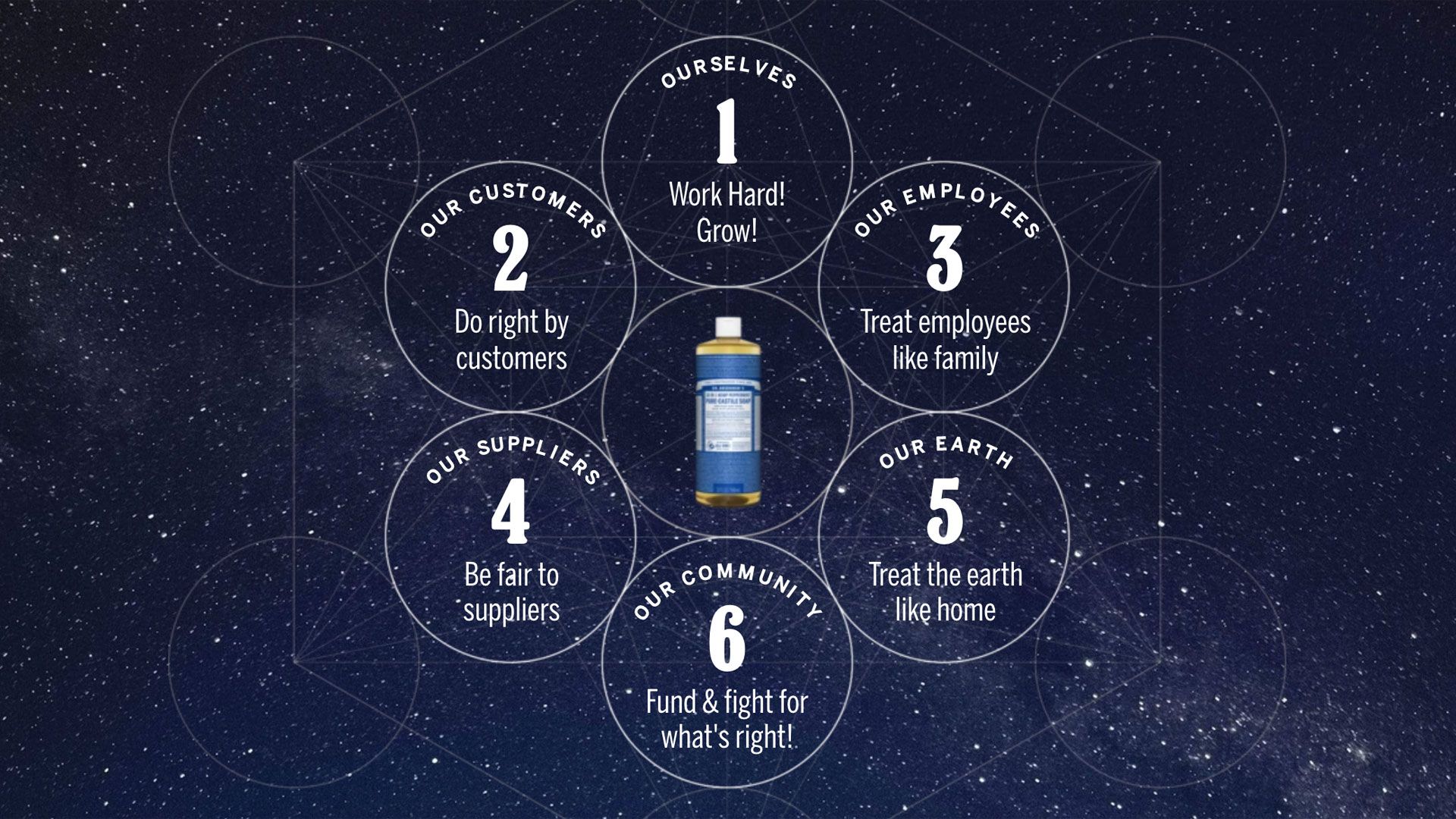
“Resilient businesses perform better through economic cycles, and the evidence is showing a robust ESG framework helps build that resilience” concludes Andrew.
At TMRRW™, we’re seeing businesses make these changes – not to secure a distant future, but to be more competitive now. Investors are increasingly insisting on a net-zero policy, and strong ESG (environmental, social and governance) understanding. And customers demand it, too. Perhaps the biggest shift of the last five years is a move from a shareholder economy to a stakeholder economy – and we’re all stakeholders, whether as customers, suppliers, employees, journalists or NGOs (Non-Governmental Organisations). Making a better impact matters to businesses because it matters to us.
Ultimately, none of us can change the world alone. We need everyone doing what they can – not just a few doing things perfectly.

Better business choices make better businesses
Some words of wisdom for business leaders
“If you don’t know where to start, then there are heaps of people available to help you. I’m happy for people to send me an email!”
– David Ireland, Radian Energy
“It’s important to measure. You can’t change what you don’t measure, so you really need to measure the things that are important to you. The more you have an understanding of that, the easier it is to find better solutions and to convince people to help you.”
– Courtney Holme, A.BCH
“Look for the low hanging fruit. Where are the aspects of your business that have the negative impact and what you can do to eliminate them?” Of course, you can always start working through the B Corp impact assessment”
– Andrew Davies, B Lab Australia and Aotearoa New Zealand
“Talk to people, talk to your employees, talk to your customers, talk to your local communities about the perceptions of your business and identify opportunities to have a more positive impact.”
– Andrew Davies, B Lab Australia and Aotearoa New Zealand
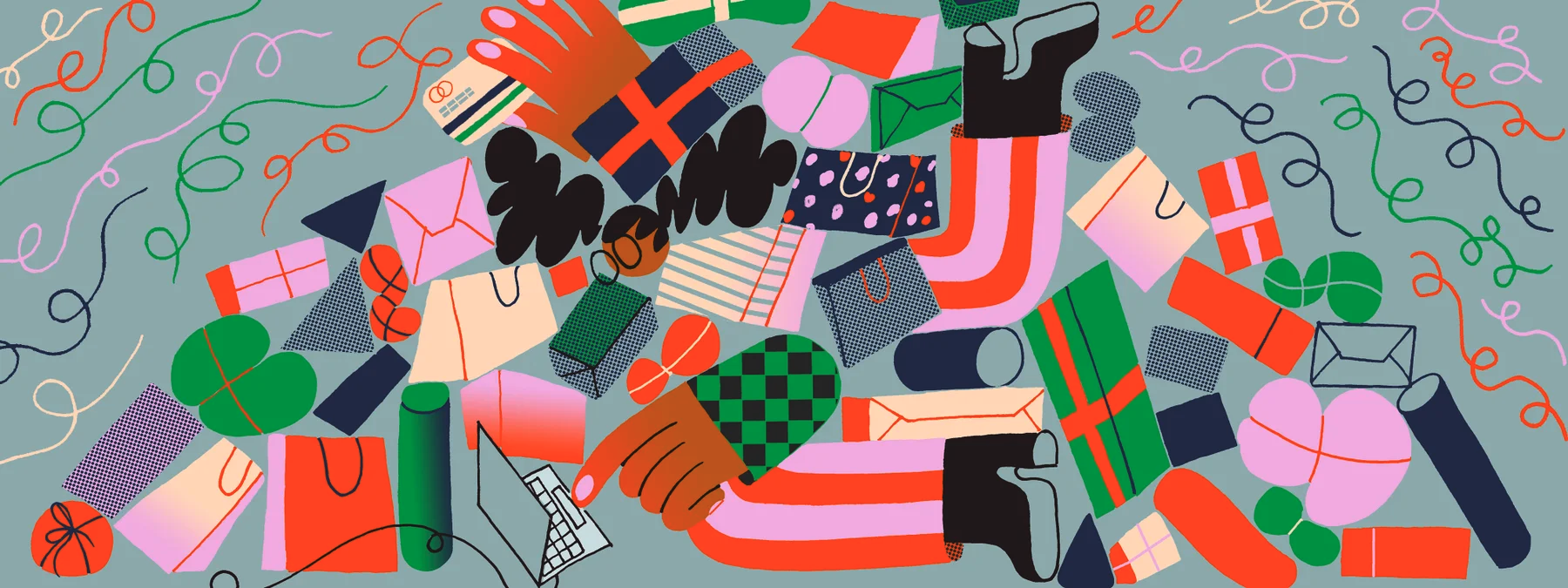
Ultimately, as consumers we have the power to drive change in businesses. Deciding where to spend our hard-earned dollar gives us leverage.
So, where should we start?
- Look for retailers who have a vested interest in the quality of their goods and garments – companies that offer care and repair programmes see the value in creating something that’ll last you for years.
- Check where the product is made. Are things made (relatively) locally, reducing distribution miles and adhering to recognised environmental standards in the place you live?
- Good businesses can have difficult conversations. They can talk about how they eliminate waste, use less power or have reduced the chemicals in their products. Read the story on their website; read their FAQs – look for clear details like ‘100% recycled’ and avoid vague terms like ‘eco’ or ‘sustainable’.
- Look at a business’s credentials – is it a B Corp? It is certified vegan? Does it work with the Soil Association? Look for established, internationally-recognised marks, and beware any labels that only apply to that retailer. If you haven’t heard of an accreditation before, look it up.
- Does the business support an SDG (Sustainable Development Goal) or two? It might have a smaller product range, but it’s usually busy making as many incremental impact gains as it can.
Dive Deeper
